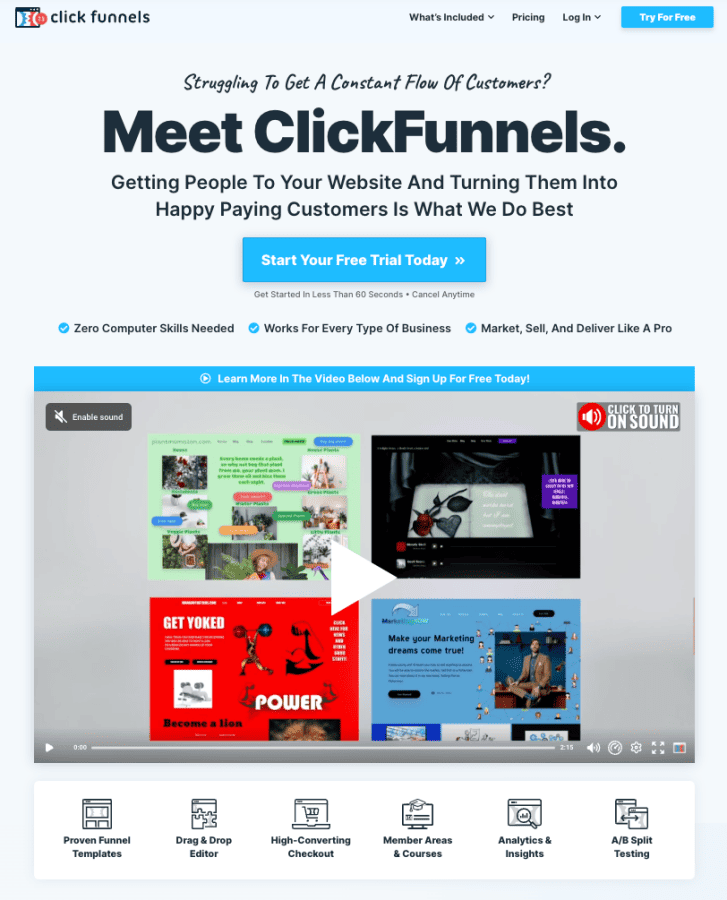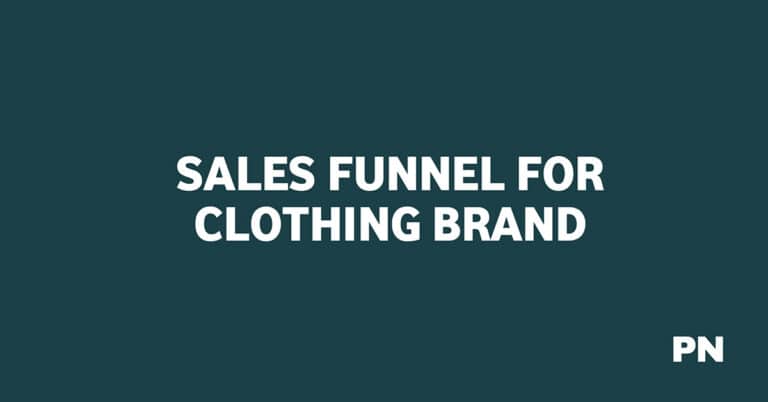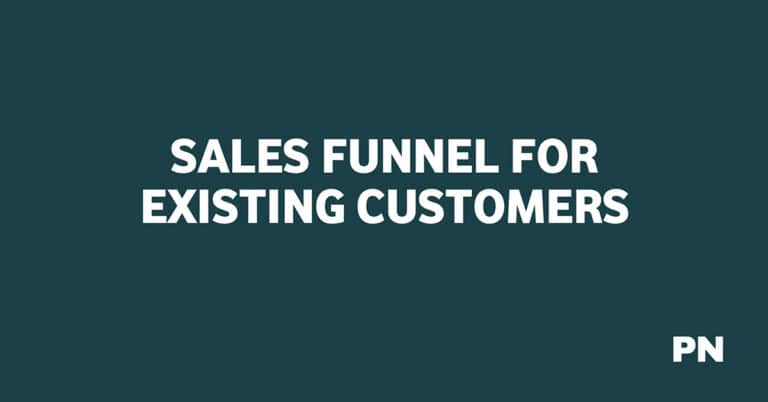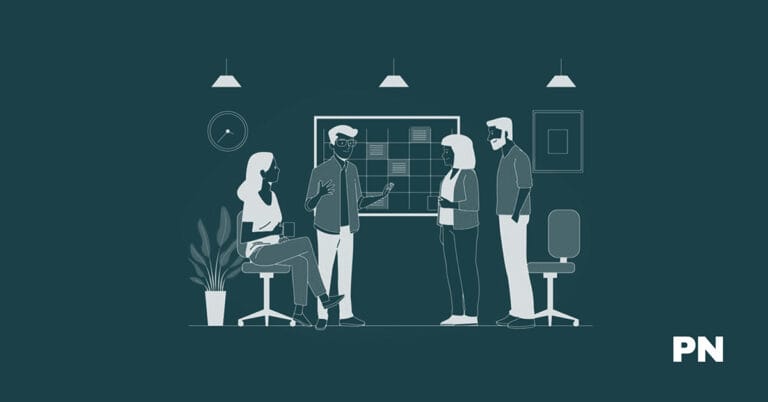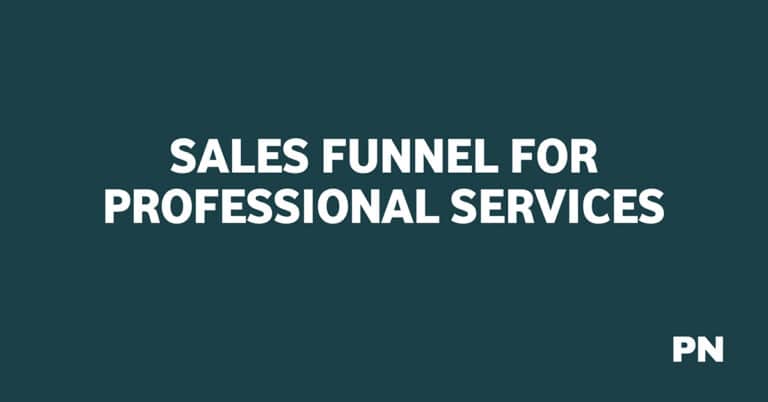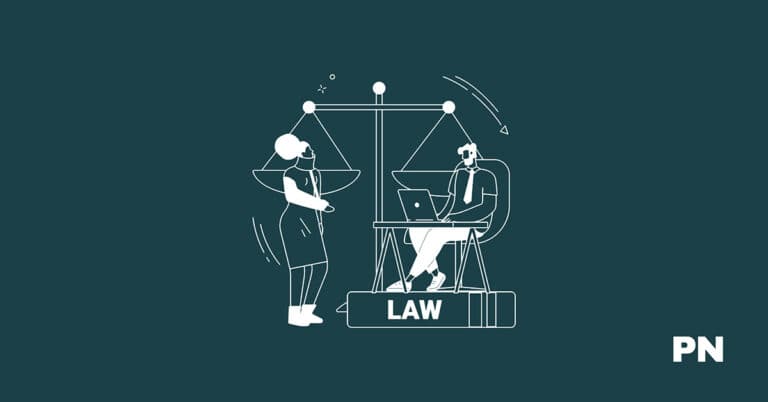Sales Funnel for Small Business: A Comprehensive Guide
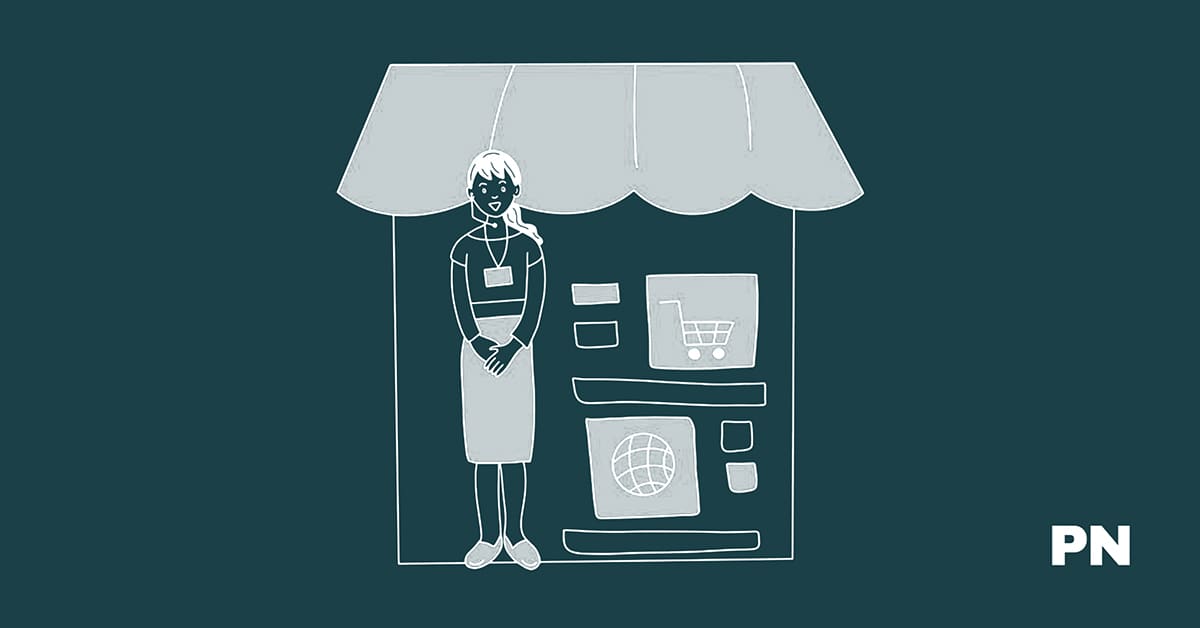
Are you a small business owner looking to boost sales and increase revenue?
If so, you may have heard about the power of a sales funnel. A sales funnel is a marketing concept that describes a customer’s journey before making a purchase.
By understanding this journey and optimizing each stage of the funnel, you can increase your chances of success and grow your business.
Did you know that only 22% of businesses are satisfied with their conversion rates? This means that most businesses struggle to convert leads into customers.
However, a sales funnel strategy can improve your conversion rates and achieve tremendous success.
In this guide, I will walk you through building an effective sales funnel for your small business. From attracting leads to closing sales, I will cover everything you need to know to create a successful sales funnel and take your business to the next level.
What is a Small Business Sales Funnel?

A sales funnel visually represents the customer journey from awareness to purchase. It is a critical tool for small businesses to organize and automate their marketing and sales efforts.
A small business sales funnel is a more fluid type of sales funnel that is adaptable to small businesses’ unique needs. Depending on the business, it might include elements from B2B, B2C, or SaaS sales funnels.
In general, small business sales funnels tend to be shorter and rely more on word-of-mouth referrals.
The small business sales funnel consists of several stages a potential customer goes through before purchasing.
The stages are:
- Awareness – This is the stage where a potential customer becomes aware of your product or service. It could be through an advertisement, social media post, or word-of-mouth referral.
- Interest – At this stage, the potential customer has shown some interest in your product or service. They might have visited your website or signed up for your email newsletter.
- Consideration – The potential customer is now actively considering your product or service. They compare it with other options and evaluate the benefits.
- Intent – At this stage, the potential customer has decided to purchase your product or service. They might have added it to their cart or contacted your sales team.
- Purchase – This is the final stage of the sales funnel. The potential customer has become a customer by making a purchase.
Why You Need a Small Business Sales Funnel?
As a small business owner, you always look for ways to grow your business and increase your revenue. One of the most effective ways to do this is by implementing a sales funnel.
A sales funnel is a step-by-step process that guides potential customers through the buying journey, from awareness to purchase.
Here are some reasons why you need a sales funnel for your small business:
1. Helps You Reach Your Target Audience
With a sales funnel, you can create a customized journey for your target audience. By understanding your target audience, you can create content and messaging that speaks directly to them, which can increase the chances of converting them into customers.
2. Guides Your Customers through the Buying Journey
The buying journey can be overwhelming for potential customers, especially if they are not familiar with your product or service. A sales funnel can help guide them through the process and answer any questions or concerns they may have. This can help build trust and increase the chances of a sale.
3. Increases Your Conversion Rate
A sales funnel can help increase your conversion rate by providing a clear path for potential customers to follow. By optimizing each stage of the funnel, you can remove any barriers preventing them from making a purchase.
This can result in more sales and increased revenue for your small business.
4. Saves You Time and Money
You can save time and money by automating your sales process with a sales funnel. Instead of manually following up with leads and trying to close deals, your funnel can do the work for you.
This can free up your time to focus on other aspects of your business, such as product development or customer service.
Stages of the Small Business Sales Funnel
Small businesses need to understand the different stages to attract and retain customers when it comes to sales funnels. Each stage represents a unique opportunity to engage with potential customers and move them closer to purchasing.
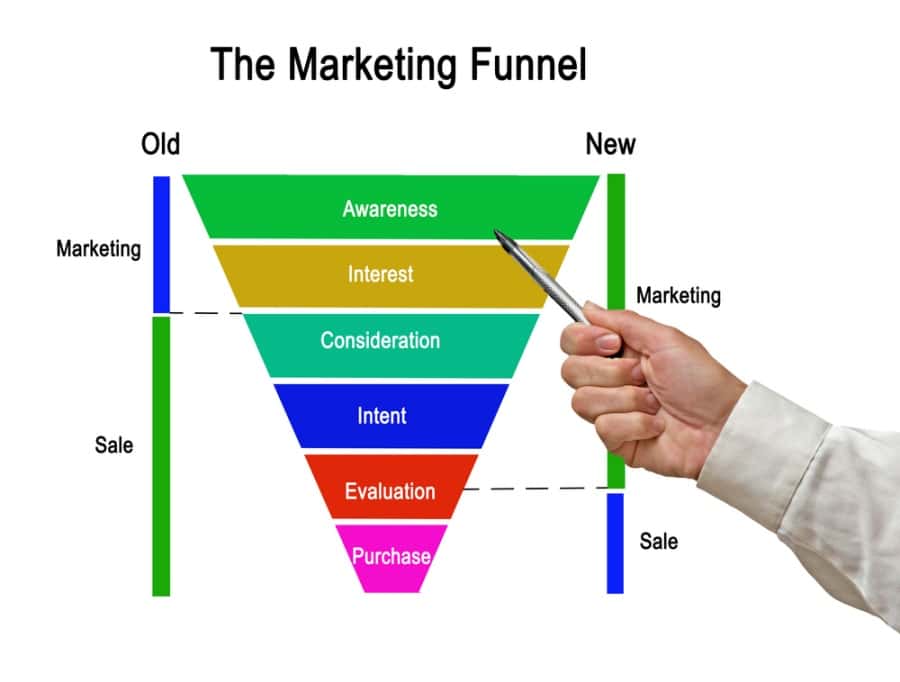
Here are the stages of the small business sales funnel:
The Awareness Stage (Top of the Funnel, TOFU)
The awareness stage is the top of the funnel, where potential customers become aware of your business. At this stage, you must attract their attention and create interest by providing valuable content that meets their needs.
This could include blog posts, social media updates, email newsletters, or other marketing materials. The goal is establishing your business as a thought leader in your industry and building trust with potential customers.
The Consideration/Evaluation Stage (MOFU)
Once potential customers know about your business, they move to the consideration/evaluation stage. At this stage, they evaluate your business and compare it to others in the industry.
You need to provide them with information that helps them make an informed decision. This could include product demos, case studies, customer testimonials, or other marketing materials. The goal is to demonstrate your expertise and how your business can solve their problems.
Purchase Stage (Bottom Of The Funnel)
The purchase stage is the bottom of the funnel, where potential customers make a purchase. At this stage, you need to make it easy for them to buy from you by providing a seamless purchasing experience.
This could include a user-friendly website, transparent pricing, and an easy checkout. The goal is to remove any barriers to purchase and make it easy for customers to buy from you.
Post-Purchase Stage
The post-purchase stage is after the customer has made a purchase. At this stage, you must provide exceptional customer service and support to ensure their satisfaction.
This could include follow-up emails, surveys, or other ways to gather feedback and address concerns. The goal is to build a long-term relationship with customers and turn them into brand advocates.
Repeat Purchase Stage
The repeat purchase stage occurs when satisfied customers return to make another purchase. At this stage, you need to continue providing value and building trust to encourage repeat business.
This could include loyalty programs, exclusive offers, or other ways to reward and retain loyal customers. The goal is to turn satisfied customers into repeat customers and increase each customer’s lifetime value.
The service business sales funnel is a powerful tool for attracting new clients and building long-term relationships with them. Understanding the different stages of the small business sales funnel is crucial for attracting and retaining customers. By providing valuable content, demonstrating expertise, providing a seamless purchasing experience, offering exceptional customer service, and building loyalty, you can turn potential customers into satisfied customers and grow your business.
How Do I Create a Small Business Sales Funnel?
Creating a sales funnel for your small business is crucial to converting potential customers into loyal ones. A sales funnel visually represents the customer journey, from initial contact to the final purchase.
Here are the essential steps to creating a sales funnel for your small business:
1. Define Your Target Audience
Identifying your target audience is the first step in creating a sales funnel. You need to understand who your customers are, their needs, and how you can meet them. By defining your target audience, you can tailor your marketing efforts to attract the right customers.
2. Create a Landing Page
A landing page is a specific page on your website designed to convert visitors into leads. Your landing page should be visually appealing, easy to navigate, and provide valuable information to your visitors.
It should also have a clear call-to-action that encourages visitors to take the next step in the funnel.
3. Offer a Lead Magnet
A lead magnet is an incentive you offer visitors in exchange for their contact information. It can be a free eBook, a webinar, or a discount code. A lead magnet helps you capture and move leads further down the funnel.
4. Nurture Your Leads
Once you have captured leads, you need to nurture them. This involves providing valuable content, building trust, and establishing a relationship with your leads. You can do this through email marketing, social media, and other channels.
5. Close the Sale
The final step in the sales funnel is to close the sale. This involves compellingly presenting your product or service, addressing any objections, and making it easy for the customer to purchase. You can use tools like sales pages, webinars, and demos to help close the sale.
By following these steps, you can create a sales funnel that attracts, nurtures, and converts potential customers into loyal ones. Remember, the key to a successful sales funnel is to understand your target audience and provide them with value at every stage of the funnel.
What is The Best Funnel Software for Small Business?
As a small business owner, you want to maximize your sales and grow your business. That’s why choosing the right sales funnel software is essential to help you achieve your goals.
After researching and comparing different options, we highly recommend ClickFunnels as the best sales funnel software for small businesses.
ClickFunnels is an all-in-one solution that provides small business owners with everything they need to build and optimize their sales funnels. It is user-friendly, and you don’t need any coding skills to use it.
Here are some of the features that make ClickFunnels the best sales funnel software for small businesses:
Free Funnel Templates
ClickFunnels offers many complimentary funnel templates specifically designed for small businesses. These templates are customizable; you can easily modify them to fit your business needs. With these templates, you can save time and get your funnel up and running faster.
Upsells and Downsells
ClickFunnels makes it easy for small businesses to increase their sales by offering upsells and downsells. With this feature, you can offer your customers complementary products or services after they’ve purchased. This can significantly increase your revenue and help you grow your business.
Shopping Cart and Checkout
ClickFunnels offers a built-in shopping cart and checkout system, making it easy for small businesses to sell their products online. This feature allows you to accept payments from your customers securely and efficiently.
The checkout process is straightforward; customers won’t have to go through multiple steps to complete their purchase.
CRM and Analytics
ClickFunnels provides small businesses with a built-in CRM system that allows you to manage your customer data effectively. You can also track your sales and analyze your funnel’s performance using built-in analytics tools.
This data can help you make informed decisions and optimize your funnel for maximum results.
Loyalty and Retention
ClickFunnels offers features that help small businesses retain their customers and increase loyalty. You can set up automated email sequences to follow up with your customers and offer exclusive deals and promotions.
This can help you build a loyal customer base and increase revenue over time.
Frequently Asked Questions
What is a funnel in small business?
A sales funnel is a marketing concept that describes a customer’s journey from the initial awareness of your product or service to the final purchase.
A funnel is a series of steps or stages that a prospect goes through before becoming a customer. It is often used to visualize turning leads into customers.
What are the key stages in developing a small business sales funnel?
The key stages in developing a small business sales funnel are:
- Awareness: In this stage, you inform potential customers of your product or service.
- Interest: In this stage, you provide more information about your product or service to generate interest in your offering.
- Decision: At this point, the prospect decides whether to purchase from you.
- Action: In the final stage, the prospect becomes a customer and takes action by purchasing your product or service.
How do you create an effective small business sales funnel?
To create an effective small business sales funnel, you need to:
- Identify your target audience: Understanding your target audience is crucial to creating a funnel that resonates with them.
- Map out your funnel stages: Map out the stages of your funnel and create content that is relevant to each stage.
- Create compelling content: Create informative, engaging, and persuasive content.
- Optimize your funnel: Continuously test and optimize it to improve performance.
How can I optimize my small business funnel for higher conversion rates?
To optimize your small business funnel for higher conversion rates, you need to:
- Analyze your funnel metrics: Analyze your funnel metrics to identify areas that need improvement.
- A/B test your funnel: Test different elements to see what works best.
- Use retargeting: Use retargeting to reach prospects who have already shown interest in your product or service.
- Personalize your messaging: Personalize your messaging to make it more relevant to your audience.
What metrics are crucial for analyzing the performance of a small business funnel?
The metrics that are crucial for analyzing the performance of a small business funnel are:
- Conversion rate: This is the percentage of prospects who become customers.
- Click-through rate: This is the percentage of people who click on a link in your funnel.
- Bounce rate: This is the percentage of people who leave your funnel without taking any action.
- Customer lifetime value: This is the total amount of money a customer is expected to spend on your product or service over their lifetime.
Wrapping Up
In summary, a sales funnel is essential for any small business looking to increase sales and grow its customer base. By guiding potential customers through each stage of the buying process, you can improve your chances of making a sale and building a relationship with them.
To create a successful sales funnel, it’s essential to understand your target audience and their buyer’s journey. By creating targeted content and offers for each stage of the funnel, you can keep your prospects engaged and move them closer to purchasing.
Remember to track your results and make adjustments as necessary to optimize your funnel for maximum effectiveness. With a well-designed sales funnel, your small business can achieve new levels of success and growth.
So, don’t hesitate to start implementing a sales funnel for your small business today. Your business will thank you for it.
Disclosure: We may earn commissions if you buy via links on our website. Commissions don’t affect our opinions or evaluations. We’re also an independent affiliate of many platforms, including ClickFunnels, Kartra, GoHighLevel, Podia, Northwest Registered Agent, and others. We’re not employees of these services. We receive referral payments from them, and the opinions expressed here are our own and are not official statements of these companies.
